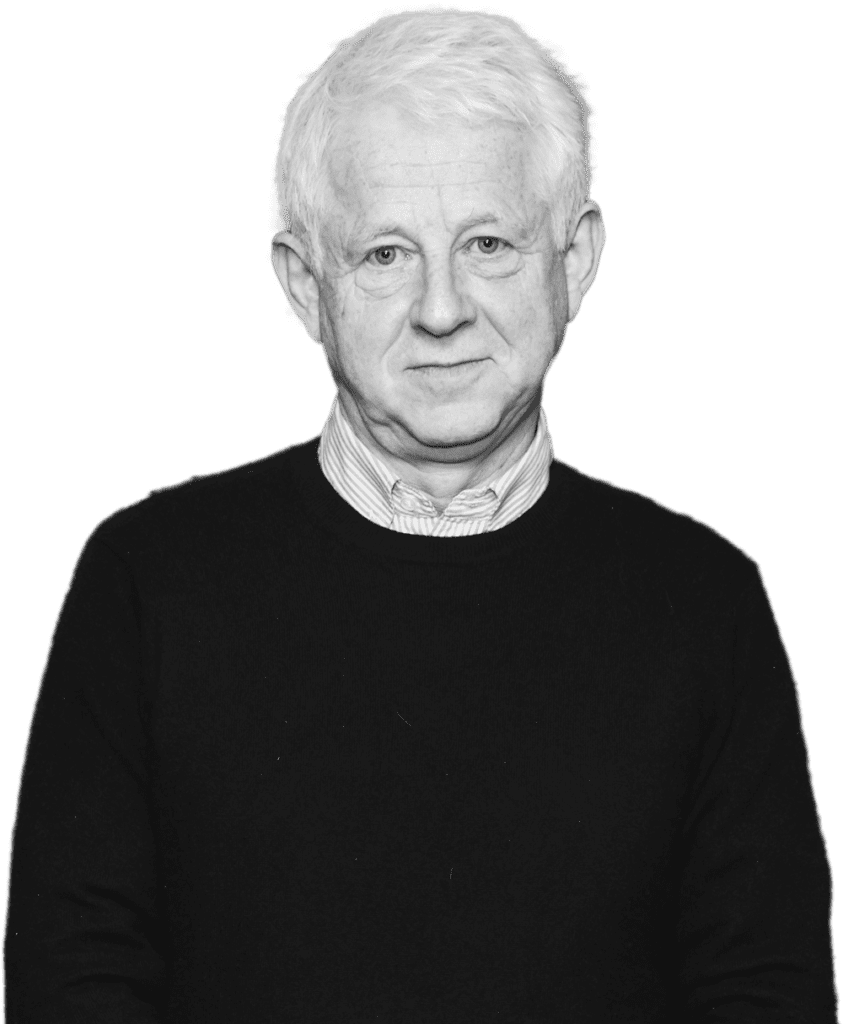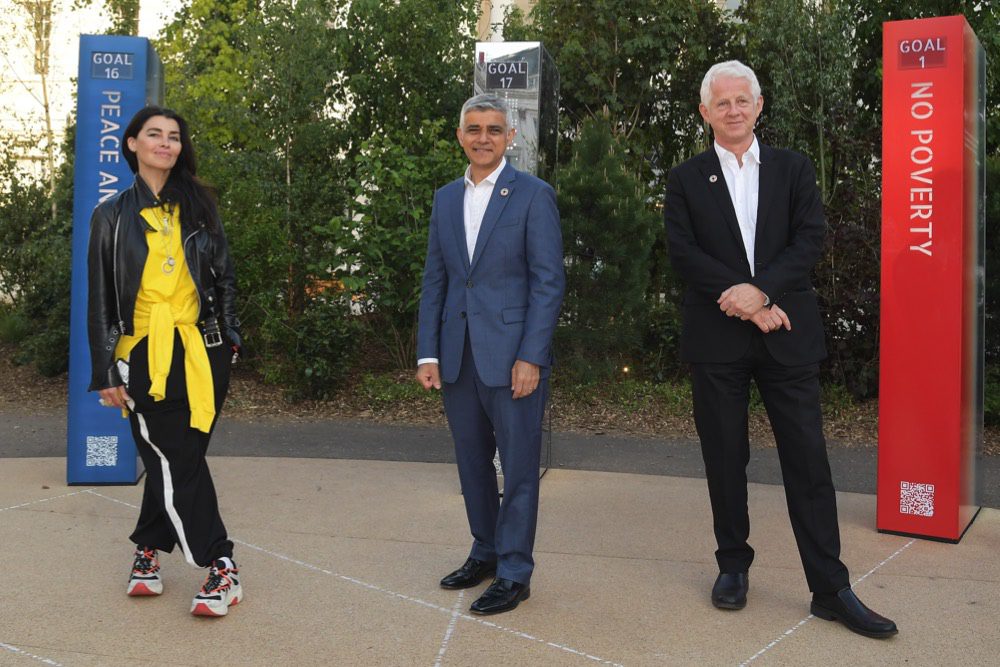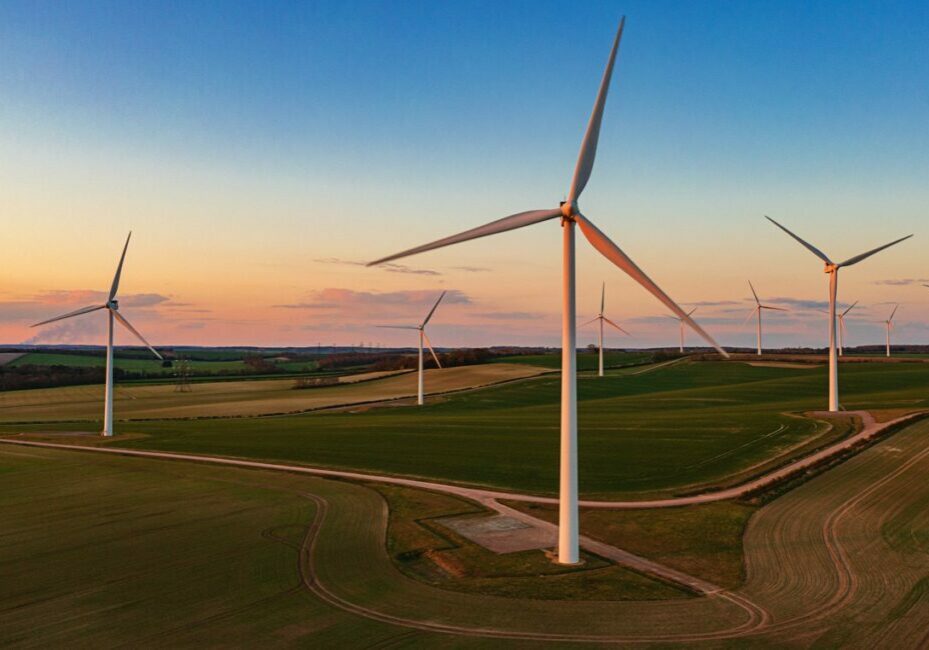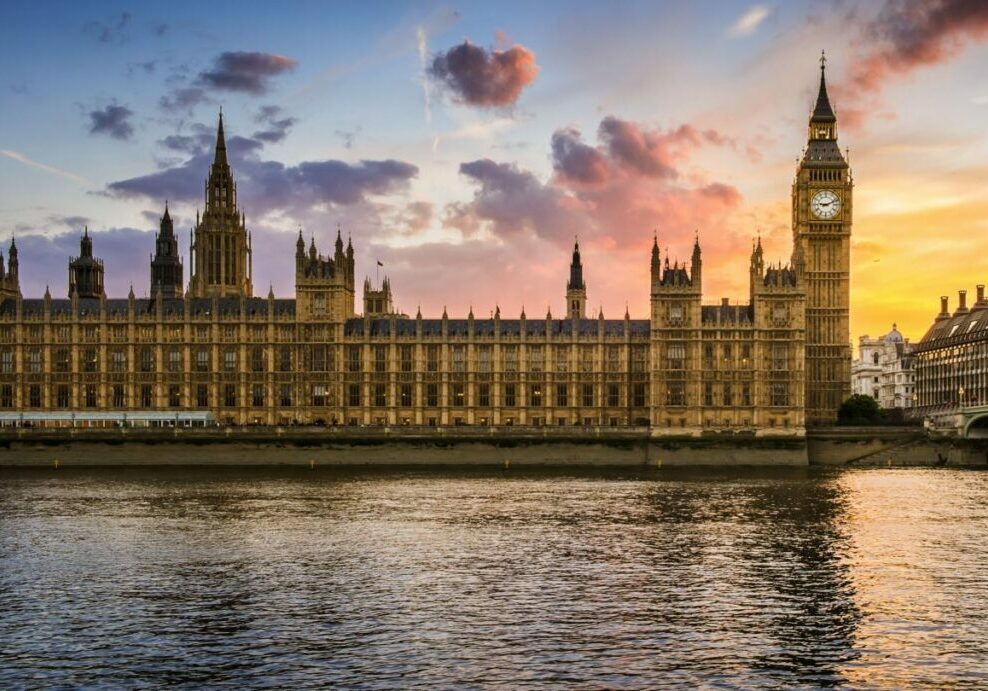
© GETTY
Writer, director and activist Richard Curtis is best known for films such as Love Actually and Four Weddings And A Funeral, and for co-writing TV shows Blackadder, Mr Bean and The Vicar Of Dibley.
In addition to his creative achievements, he’s one of the co-founders of Comic Relief and Make Poverty History, raising millions to support projects in the UK and overseas, and regularly calling on governments to combat international poverty and do more to fight climate change.
In 2020, Richard co-founded Make My Money Matter, which campaigns for banking and pension investments to be shifted away from environmentally harmful activities.
What’s the connection between pensions and climate change?
The way your pension makes money is that it’s invested by pension companies and they take the profits from that investment to pay things out. And it’s at an unbelievable scale. The total of pensions in the UK is £2.7 trillion. The total around the world is £47 trillion. That’s invested money, and that is our money.
We did a bit of research which said that if you move your pension to a sustainable pension it’s 21 times more effective [at reducing emissions] than stopping flying, changing energy provider and becoming vegan. It’s such an area of strength.
It’s unbelievably good news because you think: ‘What can I do? What do I buy? Do I get local food? Do I travel less? Do I buy a bike?’ And then suddenly you find you’ve got this huge power in the battle against climate change, which is your pension and your money. Do all the other things, of course, but you’ll be doing your bit for climate every day.
It’s really good for young people because everybody in the UK who starts work in a company now has to take out a pension. The first thing they should do is say: ”I’ve got an ethical, sustainable pension” – and if you have, you’ll be doing your bit for the climate.
What would we be asking for from an ethical, sustainable pension?
It’s really simple. The money goes out of things that are doing damage, and then you’re investing in great new, exciting businesses that are doing cool things. You’re investing in the future Allbirds or Toms or wind farm manufacturers. It’s a very satisfying package.
What’s the environmental harm that these pensions are at the root of?
Take deforestation – [pensions] are investing hugely in beef, palm oil, soy and businesses which are slicing down forests, ending biodiversity, causing forest fires, all that kind of stuff. So we’re asking all the pension schemes to get out of that. You’ll definitely – if you’ve got a default pension – be burning and slicing down your own bit of forest every day.

© GETTY
Why do you think there’s never been full transparency on these things?
These things become clear to us slowly. I think people only started thinking about their clothes 10 years ago. You know, it started to suddenly hit them. Are they coming from sweatshops? What material is being used?
We’re now starting to see every element of our lives through a climate lens, and money is one of them. So I think you just you change your perspective, look at the world in a different way. And that’s what’s happening on climate.
The thing which got me into this was not to do with climate, but was a TED Talk by someone called Dr Bronwyn King. She was a cancer doctor, spent her whole life trying to help people, has her first meeting with her accountant and finds out that her pension is invested in cigarette companies. She was actually killing more people every day than she was saving.
This awareness that our money’s at work and that we’ve got power over it, it’s ours. You know, we’ve just got so much power.
It can feel like we can’t change the systems that exist in this industry. But do we sometimes forget that we have the power, not them?
There’s a pension campaign called Future Super in Australia – Australians called pensions superannuation – and its whole marketing campaign is about the fact that it’s sustainable and ethical. We’re becoming the investors, the shareholders of the future and in a much better future.
What are the everyday things that you think people can be doing to play their part?
The thing I would probably say today is think a bit about your spending power. If you’re going down the street and thinking: ‘which of these three shops am I going to shop at?’ just check them out. See whether one of them’s got a better policy on clothes, where their clothes come from, how their workers are paid and everything like that. It’s actually quite fun and quite interesting.
The Make My Money Matter website has got lots of ways that you can get involved and makes it really easy to shift your pension. When I was young, my dad came to me and said: ‘Richard, get a pension’. I said: ‘Oh, must I?’ But he talked me into it. Now it’s the job of young people to say to their parents: ‘Change your pension’. The responsibility has gone the other way round. You can be an activist over the dinner table at home.
What brings you hope?
Back in lockdown, what did me and my three kids – who are between the ages of 18 to 26 – talk about? Obviously, Bridgerton, Love Island – you know, the big subjects. But after that, it was gender, climate, race and really putting me right – they were really shifting my perspective on things.
So I think what I’m feeling is that among the younger generation, this is not a token moment. This is not a thing where they’ll do a bit and lose interest. I’ve got a feeling we’ve got a generation coming up that’s going to see their lives through these lenses, and that makes me really optimistic.
The wild is calling. It’s time to act.
To hear the interview in full – and a bonus interview with Richard – subscribe to our podcast. Just search for Call of the Wild wherever you listen to podcasts, or visit our Call of the Wild site
More to explore

Unlock the green potential of your pension
While many of us pay into a pension to protect our financial future, choosing a provider that invests in sustainable projects could protect the planet too

